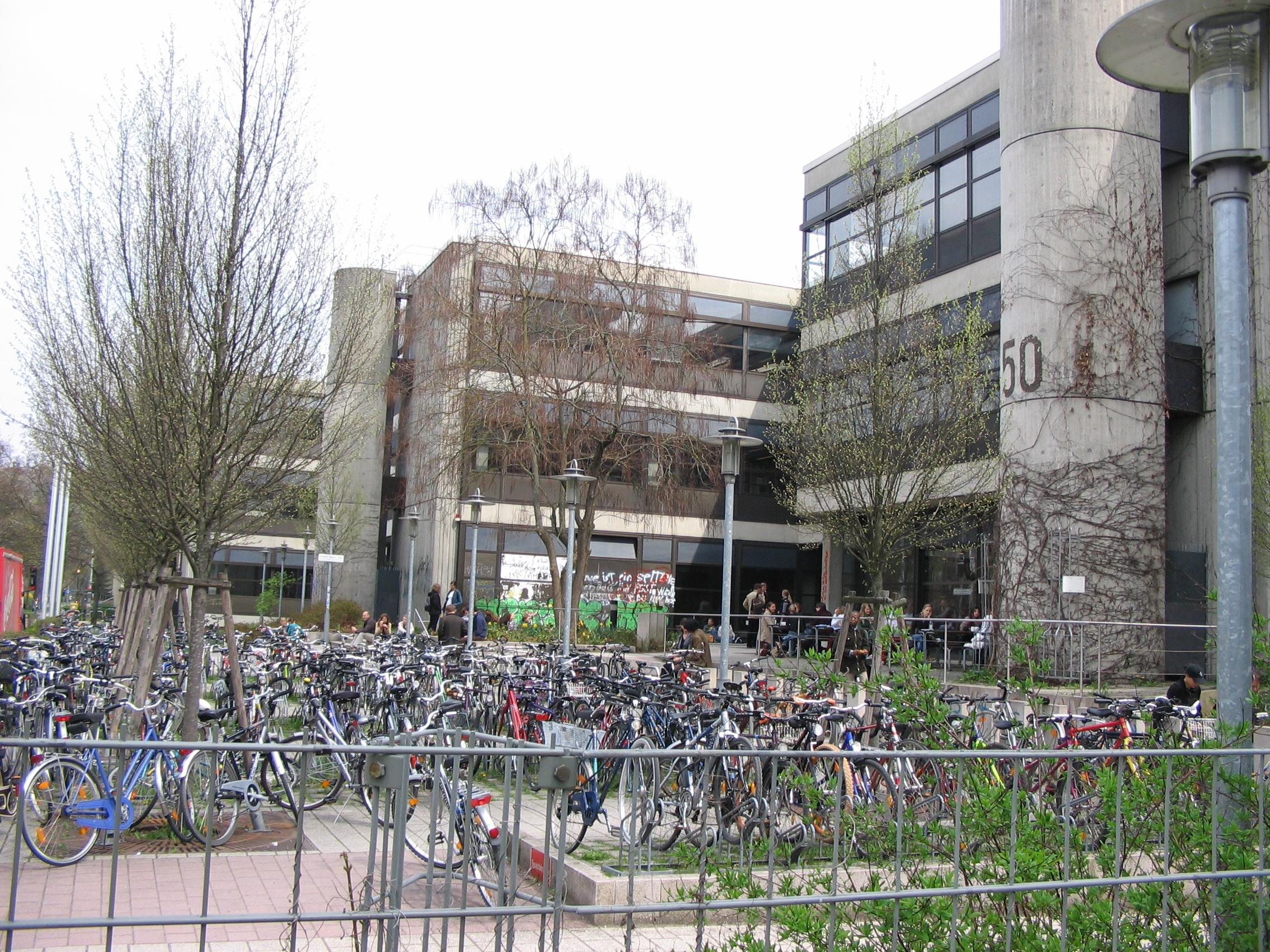Going Abroad in our B.Ed.
As a student in our B.Ed. program aspiring to become a teacher, it is crucial to actively engage with the English language and the cultures of English-speaking countries. In order to teach the English language and the cultures of the English-speaking world to your future students, it is advisable to immerse yourself in the language, culture and everyday life of one particular English-speaking country by staying abroad for a certain amount of time. While studying at your home university can contribute to this goal, spending time abroad in an English-speaking country is an invaluable experience which enriches your academic and professional future.
Students in all of our study programs are strongly encouraged to spend some time studying or interning in an English-speaking country. This is an invaluable opportunity for students to improve their language skills and to immerse themselves in a different culture and a different academic or professional environment.
Frequently Asked Questions
Is going abroad obligatory in the B.Ed. English?
No. We still highly recommend aspiring teachers of English to spend time abroad in an English-speaking country.
What can I do abroad?
You can study abroad. You can also pursue an internship including in a school as a so-called Fremdsprachenassistent. There are other options like taking a language course or work (including volunteer work) which you would have to organize yourself.
Where can I go?
If you want to pursue your studies at an exchange university further, we have exchange programs with universities in English-speaking countries. There are programs supported by the European Union via the so-called ERASMUS+ program. If you are interested in English-speaking countries and cultures outside the EU/ UK, Tübingen University also hosts exchange programs with universities in North America, South America, South Africa, Australia/ New Zealand and beyond.
When should I go abroad?
There is no prescribed time frame as going abroad is not mandatory in the B.Ed. English. A lot of students choose the third or fourth semester. You have to keep in mind that the application process and also application for financial support can take up to a year. So, you would have to start doing research about your options, the programs, financial support, etc. in your first or second semester. There are, however, also students going abroad towards the end of their studies (fifth or last semester in the B.Ed.).
Is there financial support?
There are different ways to get funding.
As an Erasmus+ student, you are exempted from fees for tuition, registration, examinations, and charges for access to laboratories or libraries at the receiving institution. You may also receive an Erasmus+ mobility grant as a contribution to your travel and subsistence costs.
Even if you do not receive regular BAFöG, you may still be entitled to AuslandsBAFöG. For EU countries, there is the option of receiving funding via the Erasmus program. The DAAD’s PROMOS program also funds studying in non-European countries.
Can I also go abroad in the M.Ed.?
Yes! Please beware that with the relative short duration of the Master's program (4 semesters), the obligatory shool internship ("Schulpraxissemester") and the beginning of your school placement ("Referendariat") after the completion of your Master, planning a stay abroad requires extra care.
Can I do my school internship ("Schulpraxissemester") abroad?
Yes! The Tübingen School of Education can advise you and help you with the organization. Check out their info site on the school internship and your options to complete it abroad.
If I study abroad, can I get credits for the courses at another university?
Yes! Course recognition is based around a core principle: There should not be a significant difference in qualification goals taking into account the work load and the level of study. What guides the process of credit recognition is what the Module Handbook of our B.Ed. states in terms of content, qualification goals, work load, etc. for a course/ module. Each area of study has their special advisors for course recognition at our English Department.
How to proceed
Making your stay abroad happen depends on your initiative and drive to get information and stay on top of deadlines. We are here to help you with every step on the way.
1. Get informed about going abroad
On our websites, you will find all relevant information about different exchange programs, partner universities and funding opportunities. Most importantly, you will find the contact details of colleagues dedicated to help and support you. Please beware: Use these resources to get a comprehensive overview.
2. Visit our information events
We regularly offer information events where you can get first-hand information about the opportunities and challenges of studying abroad. Take the opportunity to address your questions directly to experts and former exchange students.
3. Organize your documents
Early preparation is the key to a stay abroad. Obtain all necessary documents, especially your language certificate, as early as possible. Some programs require specific language skills, which you can prove through recognized tests (e.g. TOEFL). The exact requirements for each program can be obtained from the respective website.






